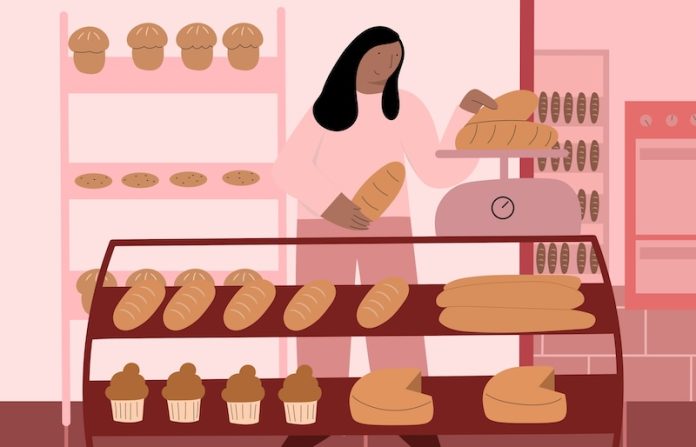
High blood pressure, or hypertension, is a common health issue that can lead to serious conditions like heart disease and stroke.
Some people are exploring how dietary choices, including gluten-free diets, can help manage this condition.
This article examines the connection between a gluten-free diet and blood pressure management, presenting the information in simple, easy-to-understand terms.
Gluten is a protein found in wheat, barley, and rye, and it’s a common component of many everyday foods. A gluten-free diet eliminates all foods containing these grains.
Initially, this diet was designed to treat people with celiac disease, a condition where gluten triggers immune responses that damage the intestine.
However, some people without celiac disease choose to go gluten-free for other health benefits, including potentially managing their blood pressure.
First, it’s important to understand that there is no direct link between gluten and high blood pressure. Research has not conclusively shown that gluten increases blood pressure or that eliminating gluten will lower it.
However, the indirect effects of a well-planned gluten-free diet might contribute to better blood pressure management.
One potential benefit of a gluten-free diet is the reduction of processed foods. Many processed foods are high in salt, fats, and calories, which are known to affect blood pressure negatively.
Gluten-containing products like bread, pastries, and other baked goods often fall into this category. By eliminating gluten, and therefore many processed foods, individuals might inadvertently reduce their intake of unhealthy ingredients that contribute to high blood pressure.
Switching to a gluten-free diet can also lead to an increased intake of fruits, vegetables, and other whole foods, as substitutes for gluten-containing grains.
These foods are rich in dietary fiber, antioxidants, and potassium, all of which are beneficial for heart health and blood pressure control.
For instance, potassium helps balance the amount of sodium in your body, which is crucial for keeping your blood pressure at a healthy level.
Furthermore, some individuals report feeling better overall when they remove gluten from their diets, which might include improvements in weight management.
Since being overweight or obese is a significant risk factor for hypertension, any diet that helps maintain a healthy weight could potentially benefit blood pressure management.
However, it’s critical to approach a gluten-free diet carefully, as it can also lead to nutritional deficiencies. Gluten-free products can be lower in fiber and other nutrients than their gluten-containing counterparts unless properly fortified.
It’s important for those considering this diet for any health reason, including blood pressure management, to plan their meals to ensure they are getting a balanced intake of all necessary nutrients.
In summary, while there is no direct research linking gluten-free diets with lower blood pressure, the indirect benefits of such a diet, like reduced intake of processed foods and increased consumption of fruits and vegetables, might help manage blood pressure.
If you are considering a gluten-free diet for managing hypertension, it’s advisable to consult with a healthcare provider or a dietitian.
They can help you ensure that your diet is balanced and that you’re not missing out on essential nutrients, while also advising you on effective ways to manage your blood pressure.
If you care about high blood pressure, please read studies about unhealthy habits that may increase high blood pressure risk, and drinking green tea could help lower blood pressure.
For more information about high blood pressure, please see recent studies about what to eat or to avoid for high blood pressure, and 12 foods that lower blood pressure.
Copyright © 2024 Knowridge Science Report. All rights reserved.



